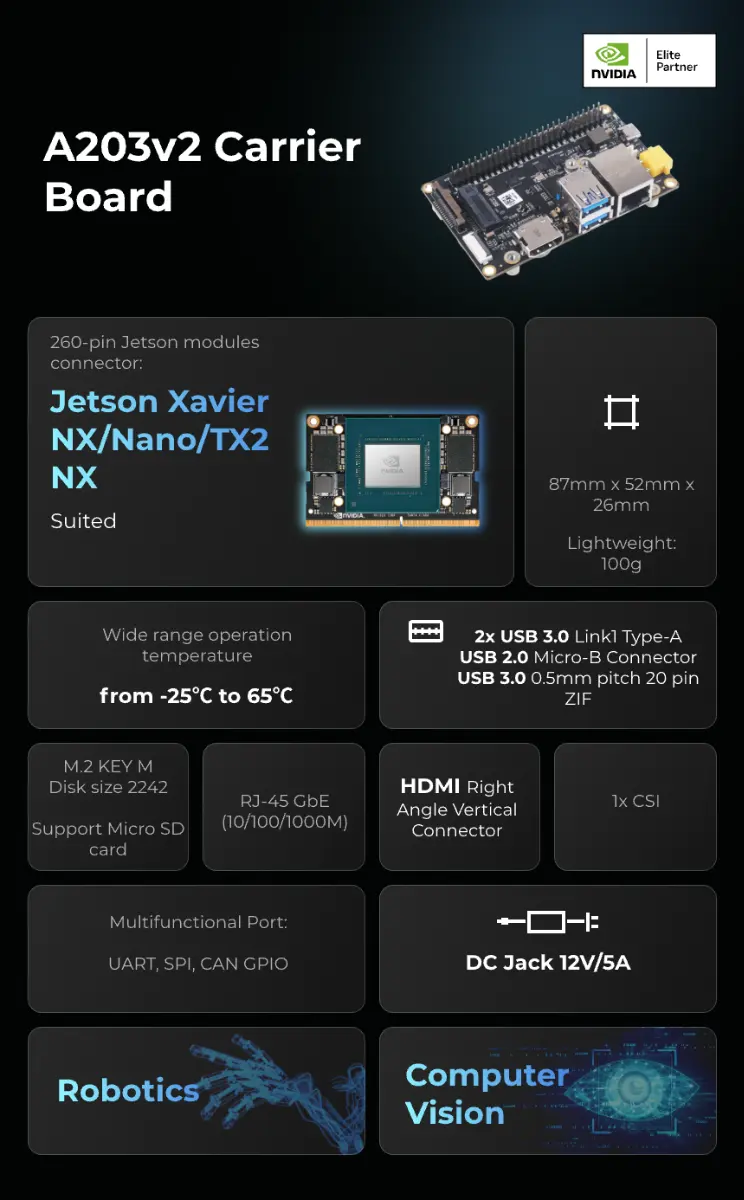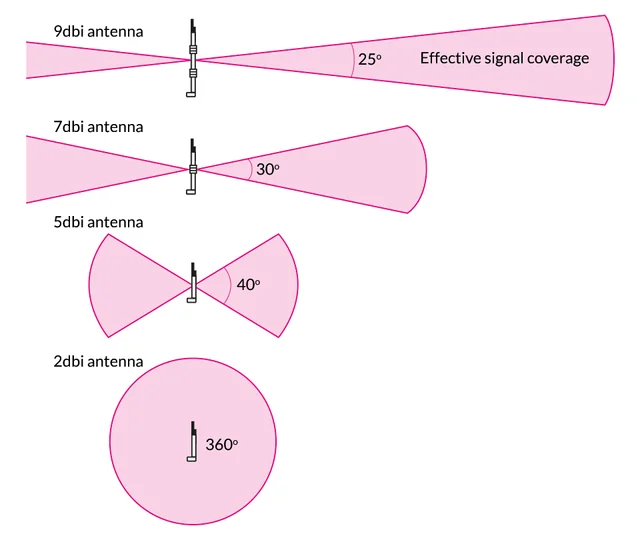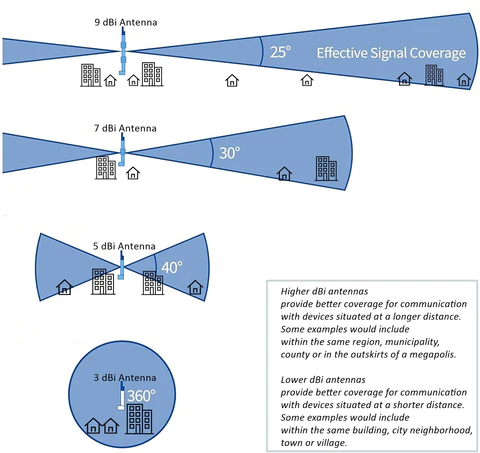
Join the 53rd MakerChat at MakerVillage. India’s largest electronic hardware incubator & ESDM facility, supporting hardware startups with advanced labs, incubation programs, and industry connections (MeitY initiative).
Explore how AI accelerator chips are built and discover the invisible world of the radio spectrum that powers wireless communication.
• AI Accelerators (Design to Wafer) — Alosh Denny
• Radio Spectrum & Wireless Signals — Vignesh
• Special Session: Startup Support Programs by MakerVillage CEO Mr. Venkat
 ️ Limited Seats – Register Now!
️ Limited Seats – Register Now!
 Feb 7 |
Feb 7 |  MakerVillage
MakerVillage
Register link: go.makerchat.co/mc0x35
A great opportunity to visit MakerVillage and learn deep-tech from industry experts.
 .
.

